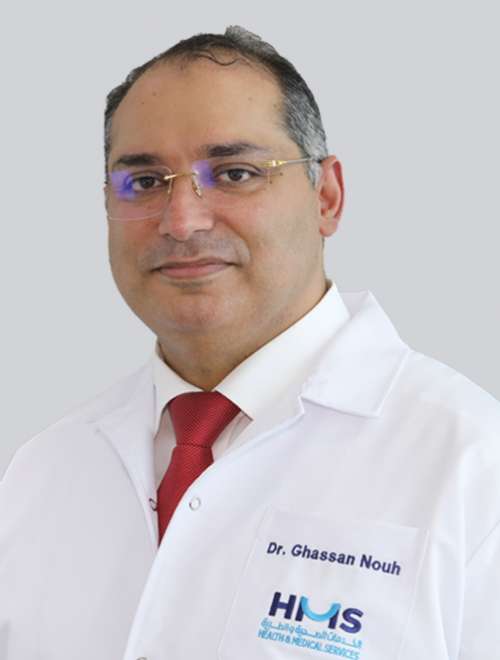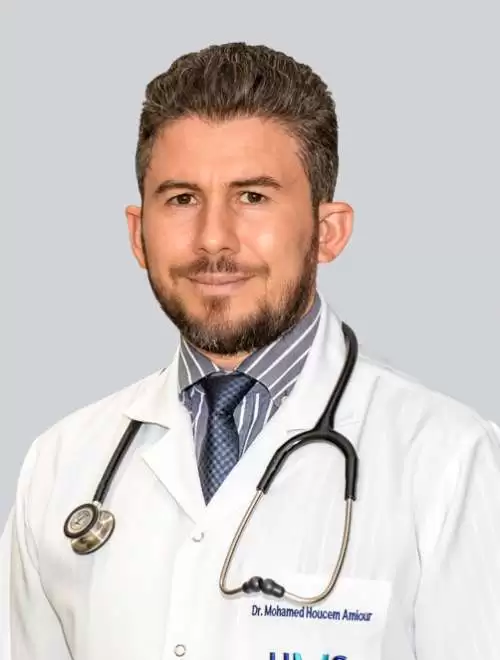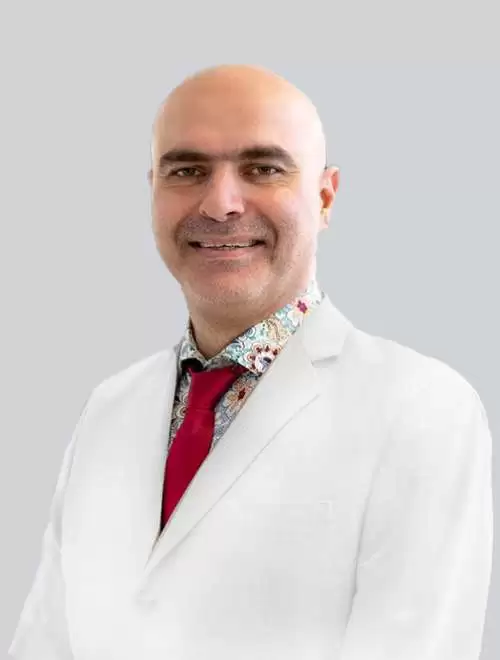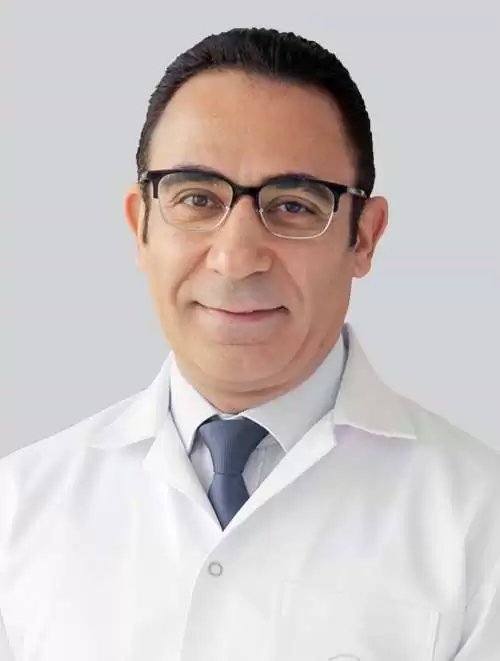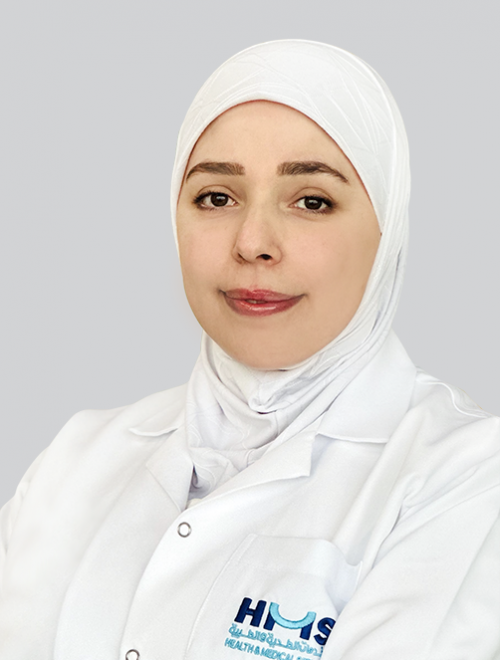Arrhythmias
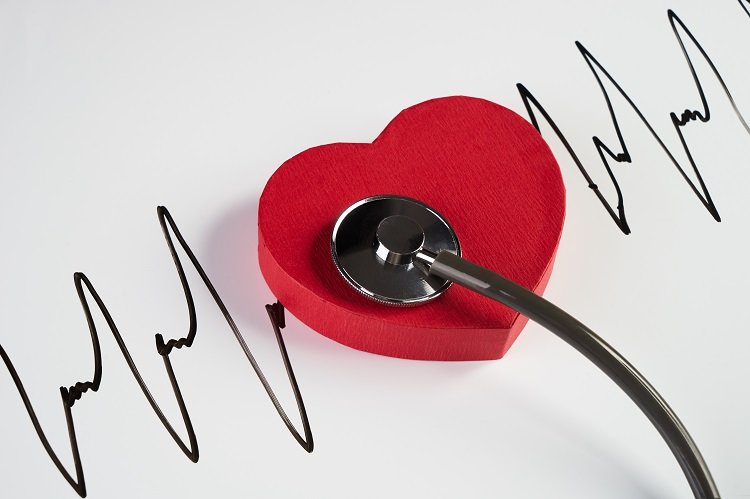
An arrhythmia is a disorder with your heart's speed or rhythm. It indicates that your heart is beating too fast, too slowly, or in an irregular pattern. Tachycardia occurs when the heart beats faster than usual. Bradycardia occurs when the heart beats too slowly.
What causes arrhythmia?
Changes in heart tissue generate arrhythmia. It can also happen unexpectedly as a result of physical activity or stress, blood imbalances, medications, or heart electrical signal issues.
What is the severity of a heart arrhythmia?
The type of arrhythmia determines the complications. Stroke, unexpected death, and heart failure are all possible complications of heart arrhythmias. Arrhythmias in the heart are linked to an increased risk of blood clots. A clot that breaks free from the heart might move to the brain and cause a stroke.
What is the best way to treat a cardiac arrhythmia?
Treatment for cardiac arrhythmias is determined by whether you have a fast (tachycardia) or slow (bradycardia) heartbeat (bradycardia). Some heart arrhythmias do not necessitate medical intervention. Regular checks with your doctor may be recommended to keep an eye on your condition.
Treatment for cardiac arrhythmia is usually only required if the irregular heartbeat is producing substantial symptoms or leaving you at risk for more serious heart problems. Medication, therapies such as vagal maneuvers, cardioversion, catheter procedures, or cardiac surgery may be used to treat heart arrhythmias.
Book now for the best cardiologist in Dubai at HMS Mirdif Hospital.
